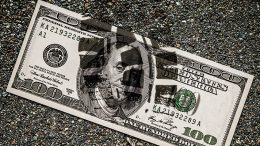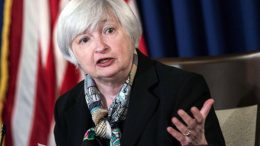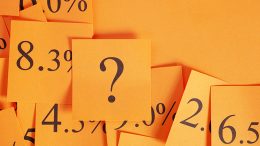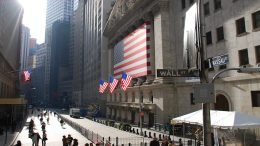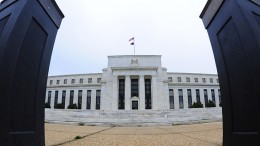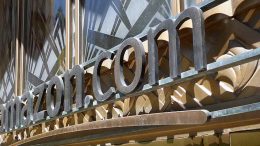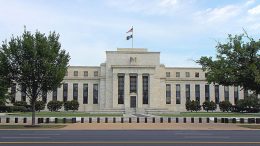The Fed’s prestige is constantly being eroded
Why does the Fed continue to be a glutton for punishment, repeatedly announcing for over a year that it is going to raise interest rates, then having to put the decision on hold? Yet again it has announced it will have to hike rates before end-year, possibly twice, and perhaps, once more, it will have to back down.

